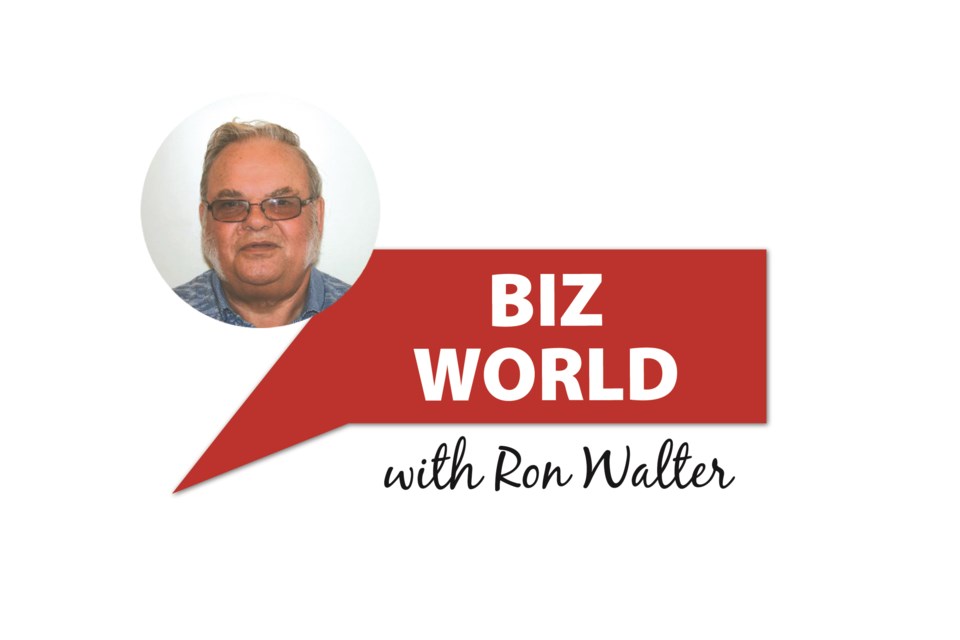A small company based in New York may be one way to invest in the planned emphasis on future greening of Canada’s energy industry.
UGE International provides turnkey solar operations from concept planning, financing, building to operation with projects in the United States, Philippines and Canada.
Contracts are mostly for 25 years with UGE obtaining a stream of recurring revenue from the facility.
Solar for commercial application in the United States has expanded 800 per cent in the last 10 years, yet UGE says only one per cent of the market has been captured.
Solar has become attractive, not just for reducing greenhouse gas emissions. Solar was once not viable. No longer.
Solar costs that were $6US a kilowatt hour in 1999 have come down as low as 3.5 cents per kilowatt hour.
In New Jersey the utilities offer grid electricity at 12.5 cents a kilowatt hour. Solar costs in that state are eight cents a kilowatt hour.
Solar has made inroads in the United States in spite of political intervention to support coal-fired energy.
Example: A 1,100 megawatt coal-fired plant in North Dakota is on the block for a mere $1. The coal plant can’t compete with renewable energy and low natural gas prices.
Solar’s day in the sun has arrived. but the TSX Venture listed UGE International may not be a great investment — yet.
Although the company has completed 665 projects since startup in 2020 and has an $83 million US$ backlog, the company is still in the money-losing development stage.
UGE has lost $32 million since going public in 2016. Revenues are still “lumpy’’ with $10.7 million in 2019 and $3.2 million so far in the 2020 fiscal year.
The company has $4.5 million more liabilities to pay this year than it has working capital.
Basket case that UGE seems at a current 91 cents a share, investors might want to keep an eye on company fortunes. If the company can manage another year, profitability could be shown on the books.
On the positive side, insiders and management own 52 per cent of the shares and are likely busting their butts to stay afloat.
CAUTION: Remember when investing, consult your adviser and do your homework before buying any security. Bizworld does not recommend investments.
Ron Walter can be reached at [email protected]
The views and opinions expressed in this article are those of the author, and do not necessarily reflect the position of this publication.




